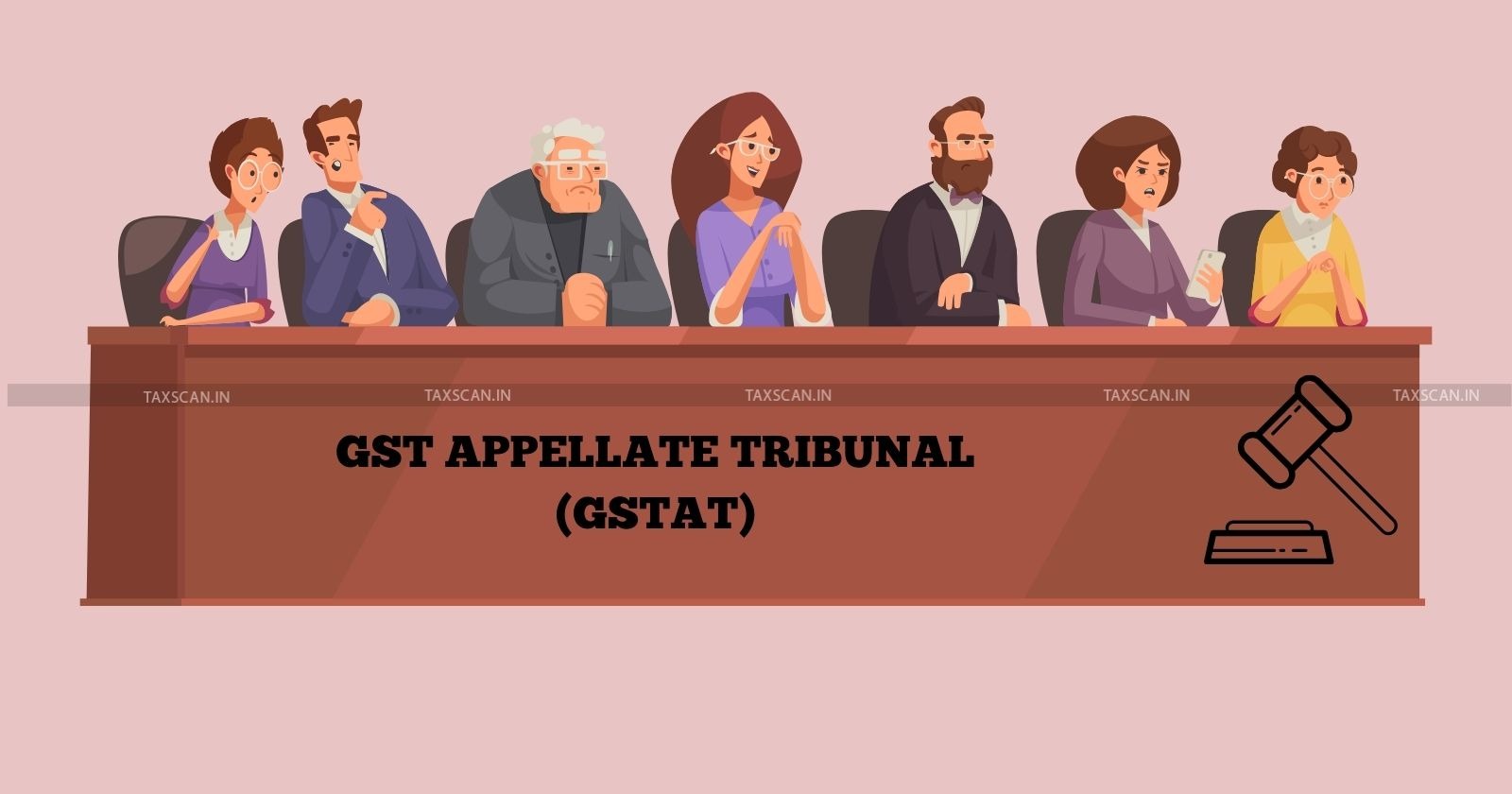GST Penalty cannot be Levied when there is No Intention to Evade Tax : Himachal Pradesh HC Quashes Demand for Missing E-Way Bill [Read Order]
Tax evasion is a serious allegation that necessitates a robust evidentiary basis to withstand legal scrutiny. The mere rejection of post- detention e-way bills, without a cogent nexus to intention to evade tax, is fallacious
![GST Penalty cannot be Levied when there is No Intention to Evade Tax : Himachal Pradesh HC Quashes Demand for Missing E-Way Bill [Read Order] GST Penalty cannot be Levied when there is No Intention to Evade Tax : Himachal Pradesh HC Quashes Demand for Missing E-Way Bill [Read Order]](https://images.taxscan.in/h-upload/2025/07/03/2058641-demand-for-missing-e-way-bill-e-way-bill-missing-gst-taxscan.webp)
The Himachal Pradesh High Court quashed the penalty and tax demand imposed under Section 129 and 130 of the GST ( Goods and Services Tax ) Act for non-generation of an e-way bill, ruling that the absence of intent to evade tax renders such a penalty unsustainable. It reaffirmed the necessity of ‘Men Rea’.
The court noted that penalties under tax law must be reserved for deliberate acts of tax evasion, not for genuine, inadvertent lapses. According to the bench, the burden of proof lies with the tax authorities to establish a taxpayer’s intent to evade, before imposing any penalty.
The petitioner’s vehicle transporting aluminium scrap was intercepted in Solan district, Himachal Pradesh, and was found to be without a valid e-way bill. Despite the fact that applicable customs duty and IGST had already been paid at the port of entry, the vehicle and goods were detained, and a tax and penalty amounting to ₹7.12 lakhs (₹3.56 lakh each) was imposed under Sections 129 and 130 of the CGST Act. The goods were released only after furnishing a bank guarantee of the said amount.
The petitioner challenged the penalty, arguing that the lapse was purely technical and that there was no mala fide intention to evade tax. Supporting this, all required documents except the e-way bill were present, and the e-way bill was subsequently generated. Despite this, both the adjudicating and appellate authorities upheld the penalty.
The High Court, after reviewing multiple precedents including Satyam Shivam Papers Pvt. Ltd. and Modern Traders, held that for any penalty under Section 130 to be imposed, the presence of intent to evade tax is a sine qua non.
The Court stated that taxation laws must distinguish between technical lapses and deliberate evasion, and in the absence of mens rea, punitive measures become arbitrary and disproportionate.
The Bench comprising Justice Tarlok Singh Chauhan and Justice Sushil Kukreja observed that “To say the least, there has been no sound rationale to pass the order imposing penalty. After all, the essence of any penal imposition is intrinsically linked to the presence of mens rea, a facet conspicuously absent from the record of the instant case.”
In addition, the court added that “The order, therefore, stands vulnerable to challenge on the grounds of disproportionate punitive measures meted out in the absence of concrete evidence substantiating an intent to evade tax liabilities. Clearly, the imposition of penalties without a clear indication of intent has resulted in an arbitrary exercise of authority, undermining the principles of justice. Tax evasion is a serious allegation that necessitates a robust evidentiary basis to withstand legal scrutiny. The mere rejection of post- detention e-way bills, without a cogent nexus to intention to evade tax, is fallacious”.
According to the court, mere technical errors without having any potential implications should not have been the grounds for imposition of penalties. It added that the underlying philosophy is to maintain a fair and just tax system, where penalties are proportionate to the gravity of the offence.
Criticizing the mechanical approach of the revenue authorities, the Court noted that the order imposing the penalty lacked any reasoning or evidence to establish tax evasion. Accordingly, the High Court quashed the impugned orders and directed the respondents to release the bank guarantee furnished by the petitioner, along with applicable interest, within four weeks.
Support our journalism by subscribing to Taxscan premium. Follow us on Telegram for quick updates



